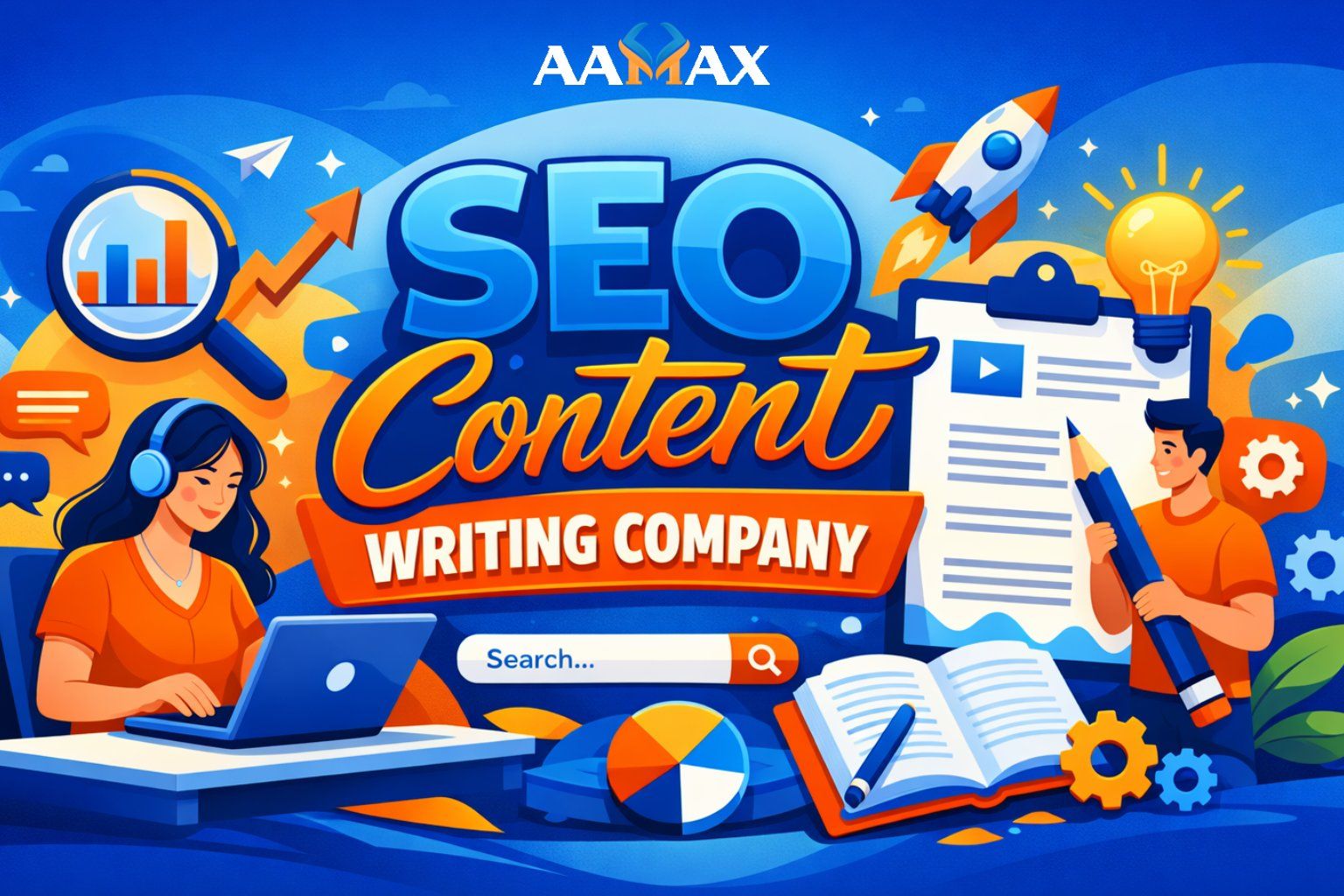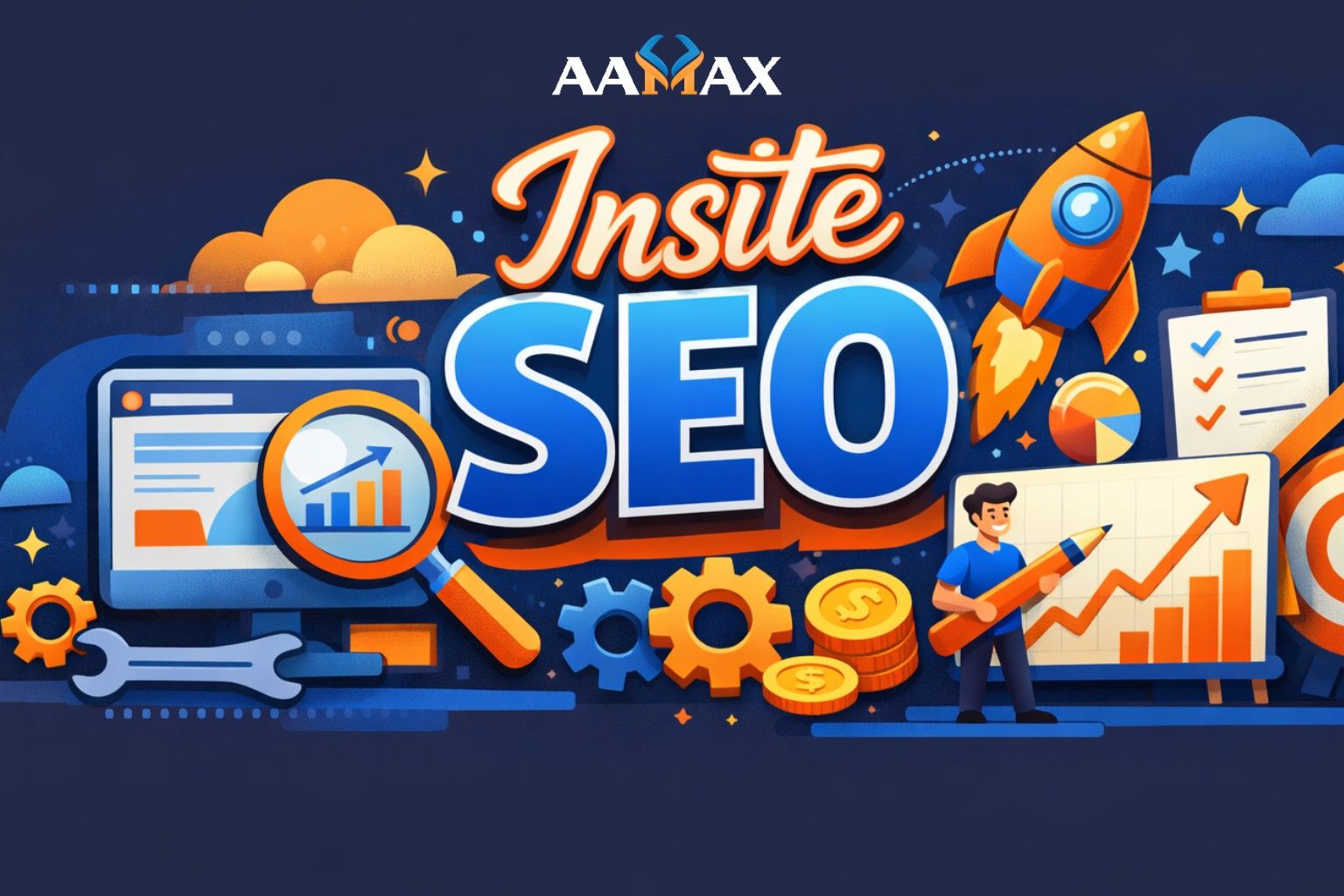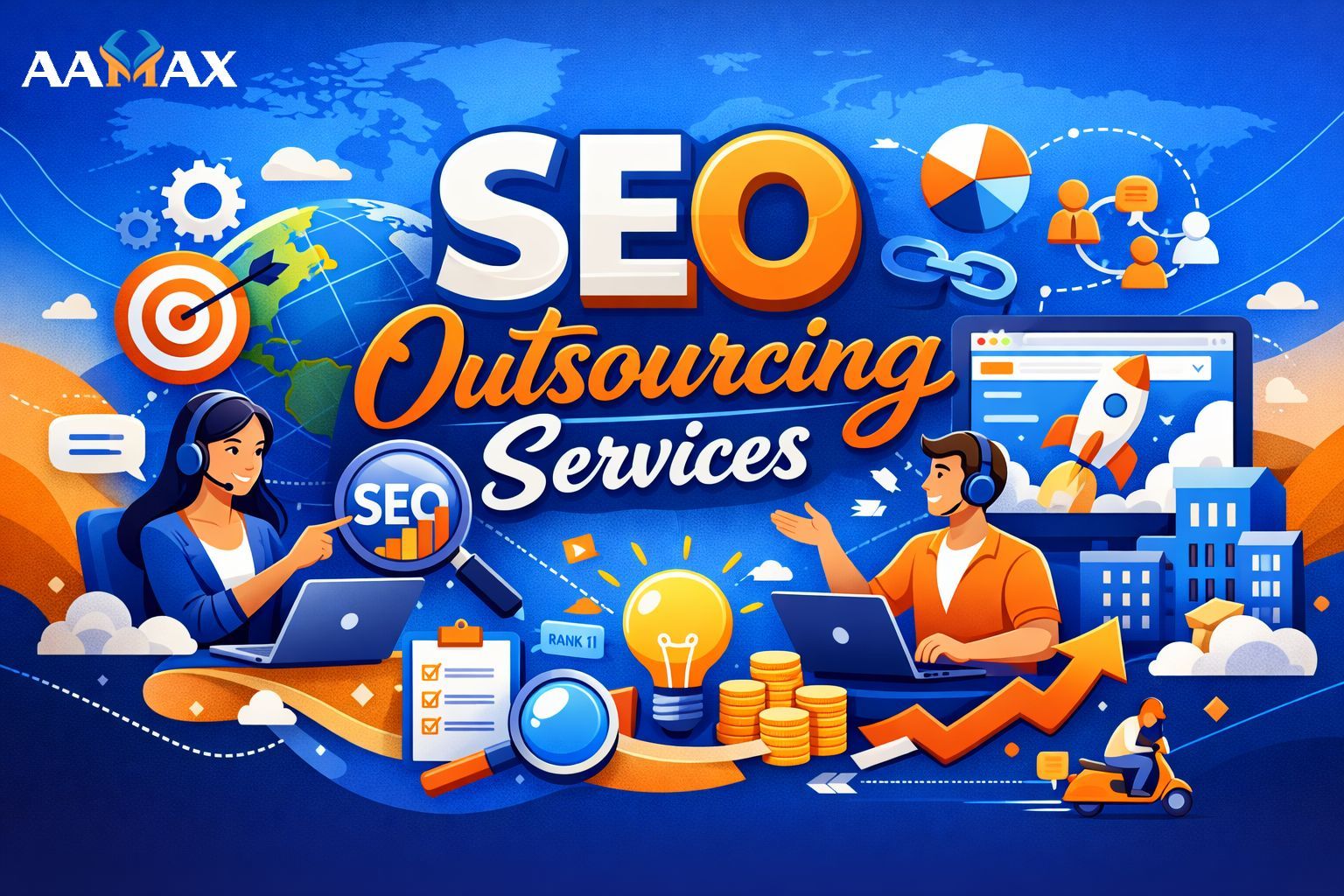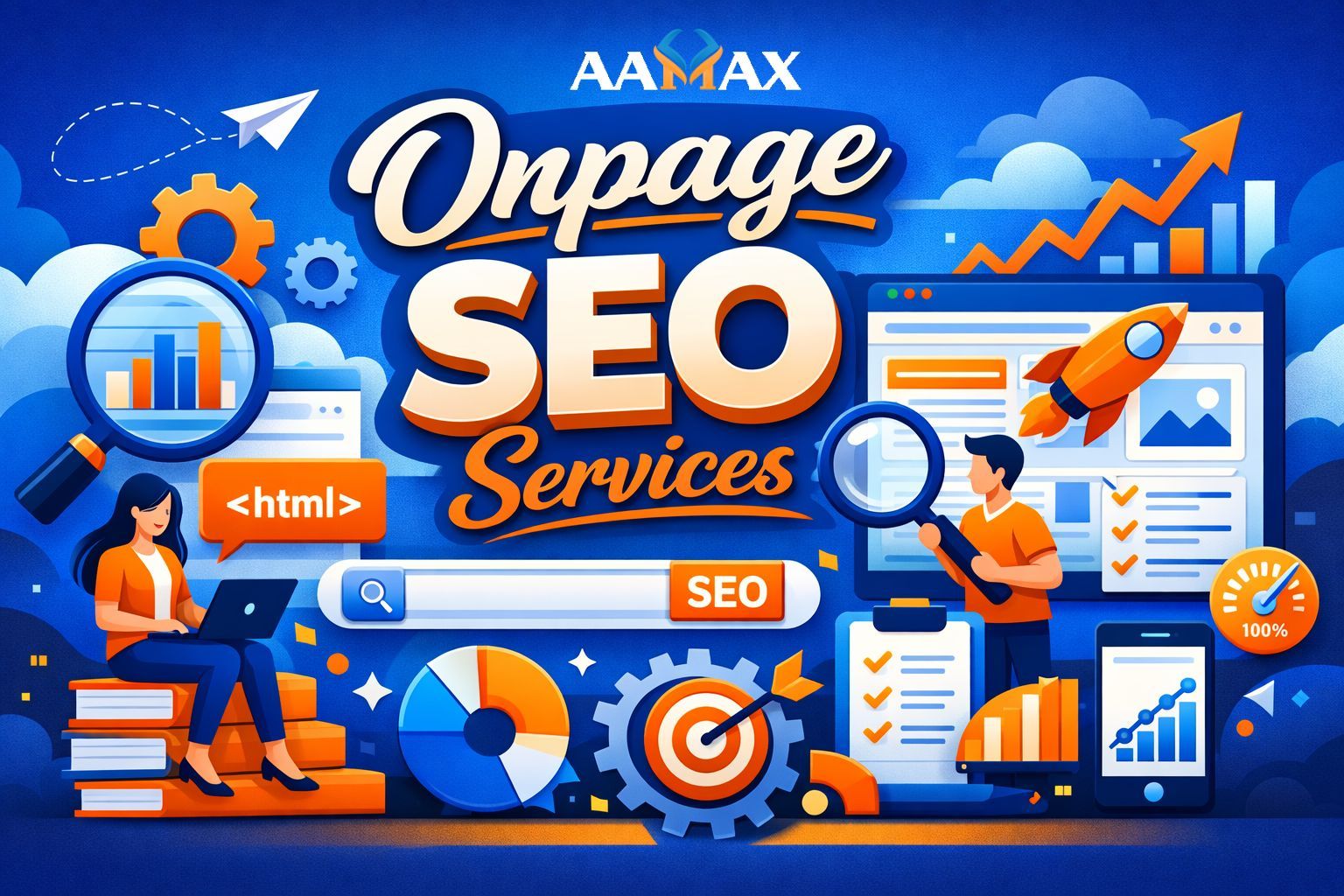
How AI Impacts Search Engine Algorithms and SEO Practices
Artificial Intelligence (AI) has reshaped nearly every corner of the digital world — and SEO is no exception. The evolution of search engines, led by advancements in AI and machine learning, has transformed how websites are ranked, how users find content, and how businesses approach optimization.
From personalized search results to AI-driven content evaluation, understanding how AI impacts search engine algorithms is crucial for anyone who wants to stay visible online. This article explores how AI shapes Search Engine Optimization (SEO) today, the benefits it brings, the challenges it poses, and how marketers can adapt effectively.
The Rise of AI in Search Engine Algorithms
Search engines like Google, Bing, and others have continuously improved their ranking systems using AI. In the past, algorithms relied heavily on keyword matching and backlinks. However, AI changed the game by introducing systems that understand context, user intent, and semantic meaning.
From Keywords to Intent: A Smarter Search
AI algorithms such as Google’s RankBrain, BERT, and MUM use natural language processing (NLP) to interpret the meaning behind search queries. This allows search engines to deliver results that match what the user means, not just what they type.
For example, when someone searches “best restaurant near me,” AI considers location, preferences, reviews, and past user behavior — not just the keywords.
Machine Learning and Continuous Improvement
AI-driven algorithms don’t stay static. They continuously learn from user behavior — such as click-through rates, bounce rates, and dwell time — to refine search results.
This means SEO professionals must go beyond keyword optimization and focus on providing real value and engagement for users.
How AI Is Changing SEO Practices
AI’s influence on algorithms has forced marketers to adapt their SEO strategies. Let’s explore the areas where AI has made the biggest impact.
1. Smarter Keyword Research
Traditional keyword research was about finding high-volume terms. Now, with AI tools like Semrush’s Keyword Magic Tool and Ahrefs’ AI integrations, marketers can uncover semantic keyword clusters and intent-based phrases.
AI helps identify how people phrase questions, why they search, and what content format best satisfies their needs.
2. AI-Powered Content Creation
AI tools like ChatGPT, Jasper, and Copy.ai assist marketers in creating SEO-friendly content faster. They help generate outlines, suggest keyword placement, and even analyze tone and readability.
However, while AI speeds up content creation, human input is still critical for accuracy, creativity, and authenticity. Search engines can detect low-quality AI-generated text, so hybrid collaboration remains key.
3. Predictive SEO and Data Analysis
AI enables predictive SEO — the process of forecasting trends and keyword demand. Marketers can use AI analytics tools to predict what topics will gain popularity based on search data and engagement metrics.
By acting early on these insights, brands can create content before the competition catches up, securing higher rankings and visibility.
4. Improved Technical SEO
AI-driven crawlers and auditing tools like Screaming Frog and Surfer SEO analyze websites for issues like broken links, duplicate content, or poor Core Web Vitals performance.
These tools automate time-consuming tasks, allowing SEO professionals to focus on strategy rather than manual checks.
5. Enhanced User Experience Optimization
User experience (UX) now plays a bigger role in SEO than ever. AI helps track how users interact with your site — from scroll depth to click heatmaps — providing insights into engagement.
By optimizing design, layout, and interactivity, businesses can increase dwell time and reduce bounce rates, which AI-based algorithms interpret as quality signals.
The Benefits of AI in SEO
AI brings several major advantages that make SEO more efficient and accurate.
1. Better Search Intent Understanding
AI allows marketers to tailor their content to match search intent precisely — whether informational, navigational, or transactional.
This leads to more targeted content, improved click-through rates, and stronger user satisfaction.
2. Faster Data Processing and Decision-Making
AI tools can process massive amounts of search data quickly, uncovering patterns that would take humans weeks to identify.
For instance, AI can detect how algorithm updates affect rankings, enabling faster strategic responses.
3. Personalization and Localized SEO
AI-driven search engines adapt results based on user preferences, search history, and geography. For local businesses, this means optimizing content with AI insights to improve visibility in location-based searches.
4. Automation and Efficiency
Repetitive tasks like link tracking, keyword monitoring, and competitor analysis are now automated with AI, saving hours of manual effort.
This frees up marketers to focus on higher-level strategy and creativity.
5. Improved Voice and Visual Search Optimization
With AI technologies like Google Lens and voice assistants (Alexa, Siri, Google Assistant), search behavior is evolving beyond text.
Optimizing for voice and visual search — using structured data, conversational keywords, and high-quality imagery — is essential to remain competitive in the AI-powered search environment.
The Negative Impacts of AI on SEO
While AI enhances SEO in many ways, it also introduces several challenges that marketers must navigate carefully.
1. Algorithm Volatility and Unpredictability
AI-powered search algorithms are dynamic and self-learning. As they evolve, rankings can fluctuate unexpectedly, making SEO more unpredictable.
What worked last month might not work today — forcing businesses to constantly monitor performance and adapt.
2. Overreliance on AI-Generated Content
Excessive use of AI tools can lead to repetitive, generic, or inaccurate content. Search engines may penalize sites that rely heavily on AI without adding human value.
Google’s Helpful Content Update emphasizes “people-first” content, reminding marketers that quality trumps quantity.
3. Data Privacy and Ethical Concerns
AI systems analyze user data to personalize search results. While beneficial, this raises privacy concerns, especially with increasing global data protection regulations.
Businesses must ensure compliance with GDPR and other laws to avoid penalties.
4. Higher Competition and Saturation
AI democratizes SEO — making advanced tools accessible to everyone. However, this also increases competition, as more businesses can now produce optimized content faster.
Standing out requires unique insights, authority, and genuine brand voice.
5. Bias in AI Algorithms
AI models learn from existing data, which may contain bias. This can influence search rankings and content visibility unfairly.
Marketers must be aware of these limitations and focus on transparency and inclusivity in their content strategies.
Adapting SEO Strategies for an AI-Driven Future
To thrive in the AI era, SEO professionals need to evolve their approach and integrate AI tools strategically.
1. Focus on E-E-A-T (Experience, Expertise, Authoritativeness, Trustworthiness)
Search engines increasingly rely on E-E-A-T signals to evaluate content quality. AI can’t fake real expertise — so human insights, expert opinions, and trustworthy sources are key to ranking success.
2. Combine Human Creativity with AI Efficiency
AI should enhance creativity, not replace it. Use AI to handle data analysis, keyword clustering, and optimization, but rely on humans for storytelling, emotional engagement, and authenticity.
3. Optimize for Conversational and Contextual Search
With the growth of voice search and AI chat interfaces, natural language optimization is crucial. Focus on long-tail, conversational phrases that match how people speak, not just type.
4. Leverage Structured Data and Schema Markup
AI algorithms rely on structured data to understand content. Adding schema markup improves visibility in rich snippets, knowledge panels, and voice search results.
5. Monitor AI Algorithm Updates Regularly
AI-driven search engines evolve rapidly. Use analytics tools to monitor ranking changes, understand update impacts, and adjust your SEO strategy in real-time.
The Role of AI in the Future of SEO
AI will continue to play a defining role in shaping SEO. Future algorithms may predict user intent before a search is made, personalize results dynamically, and blend content from multiple sources.
Marketers who embrace AI-driven insights — while maintaining human creativity — will be best positioned for success.
Emerging areas like AI content verification, predictive search, and multimodal optimization (combining text, image, and voice) are already redefining how SEO works.
Businesses that adapt early will gain a competitive advantage, while those resisting change risk being left behind.
Partner with Experts for AI-Driven SEO Success
Navigating AI’s impact on search engine algorithms can be complex. To stay ahead, you need a team that understands how to merge human creativity with machine intelligence.
If you want to harness the full power of AI SEO strategies for your website, consider hiring AAMAX. AAMAX is a full-service digital marketing company offering Web Development, Digital Marketing, and SEO Services. Their team specializes in leveraging AI tools and analytics to enhance visibility, optimize performance, and future-proof your digital presence.
Conclusion
AI has revolutionized how search engines understand, rank, and display content — redefining SEO best practices in the process. From smarter algorithms to predictive analytics and personalized results, the relationship between AI and SEO continues to evolve.
Marketers who embrace AI as a partner rather than a threat will thrive in this new digital ecosystem. By balancing automation with authenticity and staying informed about AI advancements, you can ensure long-term SEO success in an ever-changing search landscape.







